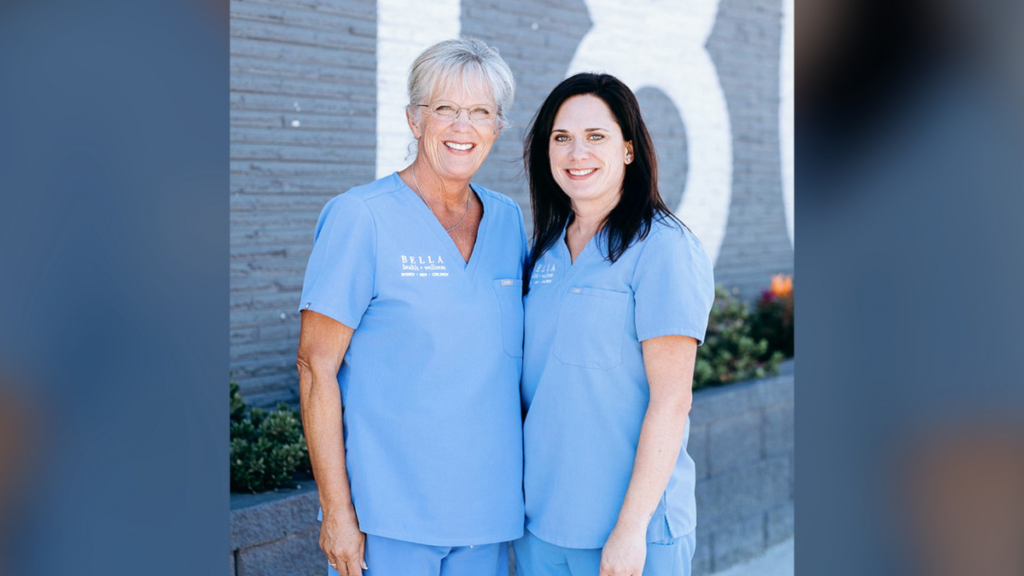Dede Chism and Abby Sinnett, founders of the nonprofit health organization Bella Health and Wellness in Denver, Colorado, are pursuing legal action against the state of Colorado to uphold their ministry aimed at assisting women in reversing unwanted chemical abortions. A recent Colorado law prohibiting abortion pill reversal infringes upon the rights of their clients and their medical practice.
Represented by the religious liberty law firm Becket, Chism and Sinnett appeared in a Tuesday hearing before federal district judge Daniel Domenico, seeking a renewed temporary hold on the law while their case proceeds through the court system. Their legal complaint asserts that Bella and its providers feel a religious obligation to aid any woman facing a miscarriage risk, regardless of its cause, whether biological, due to physical trauma, or induced by taking the first abortion pill.
Laura Slavis, an attorney with Becket, emphasized that Chism and Sinnett are striving to practice healthcare in accordance with their Catholic faith. The law banning abortion pill reversal, passed by the state Legislature in April, has yet to take effect due to multiple holds, the latest of which is set to expire at midnight on Monday.
Judge Domenico, appointed by President Trump, previously granted Bella a limited temporary injunction against the law in April, recognizing that it burdened their First Amendment rights. However, this hold has since lapsed, and the issues related to free exercise and free speech have not been addressed, according to Slavis. Chism and Sinnett remain at risk of losing their licenses, facing financial penalties, and losing their malpractice insurance if they continue to provide abortion pill reversal.
Slavis argued that Colorado lacks justification for such measures, emphasizing that real lives are at stake. In a chemical abortion, the process involves a two-pill regimen, with the first pill, mifepristone, cutting off the hormone progesterone needed for the unborn baby’s survival. The second pill, misoprostol, is taken up to 48 hours later to expel the fetus. Progesterone, a naturally occurring hormone, can reverse the effects of mifepristone if administered promptly. Chism and Sinnett have successfully aided “dozens” of women in reversing chemical abortions, leading to healthy births.
In April, the Colorado Legislature passed a law labeling abortion pill reversal “deceptive” and “unprofessional conduct,” threatening providers like Bella with hefty fines and loss of medical licenses. Slavis noted that Bella currently has three women expecting to give birth by the end of the year thanks to progesterone treatment. The reversal regimen is supported by the American Association of Pro-Life Obstetricians and Gynecologists, and there was no evidence presented that women have been harmed by abortion pill reversal.
A favorable outcome for Bella in this case could have significant implications for faith-based organizations nationwide, sending a signal to states that they cannot single out religiously motivated conduct while leaving other comparable activities unregulated. In a joint statement, Chism and Sinnett expressed their commitment to protecting the sanctity of life and their hope to continue their life-saving ministry to women in need. The judge is expected to issue a preliminary decision by Monday.
